What Is a Legal Bedroom and Why Does It Matter?
For prospective renters or home buyers in New York City, there are compelling reasons to know the legal definition of a bedroom.

A legal bedroom in a Crown Heights apartment. Photo by Halstead
Is that bedroom in a basement apartment legal? What about a bedroom with no windows? Whether you are a prospective renter or buyer in New York City, there are compelling reasons to know the legal definition of a bedroom.
It could be unsafe to sleep in a room that is not a legal bedroom. And if the entire unit is illegal, you could be evicted with little notice.
Reasons of safety aside, there’s another important reason prospective renters and buyers alike might want to know the definition of a legal bedroom: The number of legal bedrooms in a unit will affect its value and what you should pay.
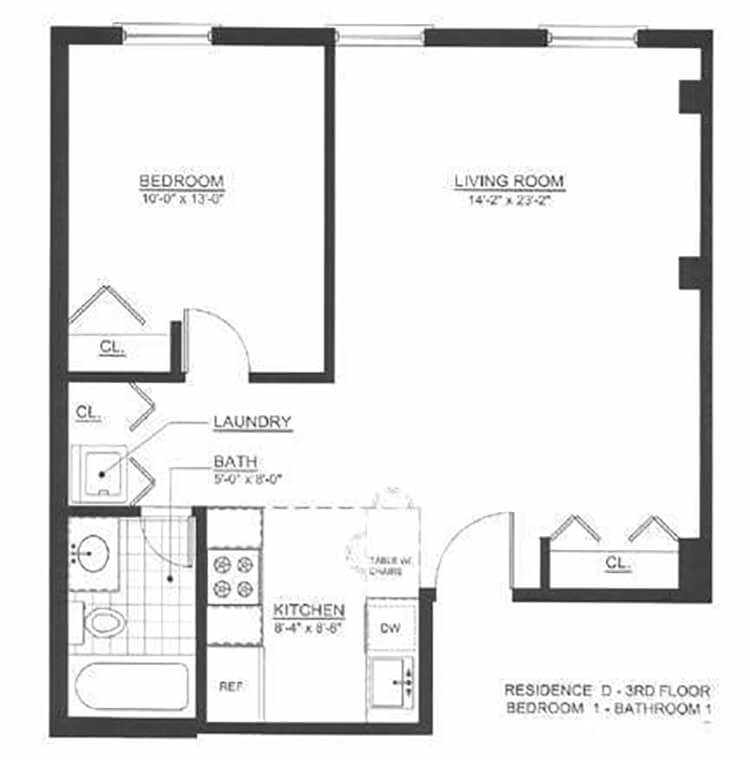
What makes a legal bedroom
For reasons of safety and habitability, not value, building codes define what is a legal bedroom.
A legal bedroom can’t be smaller than 7 feet wide and it must have a window, according to the 2005 New York State Code (PDF).
Furthermore, legal bedrooms must have access to a bathroom without needing to pass through another bedroom. Bedrooms occupied by a single person require a minimum of 70 square feet of floor area, and the bedroom cannot be the only exit for any other bedrooms, according to the code.
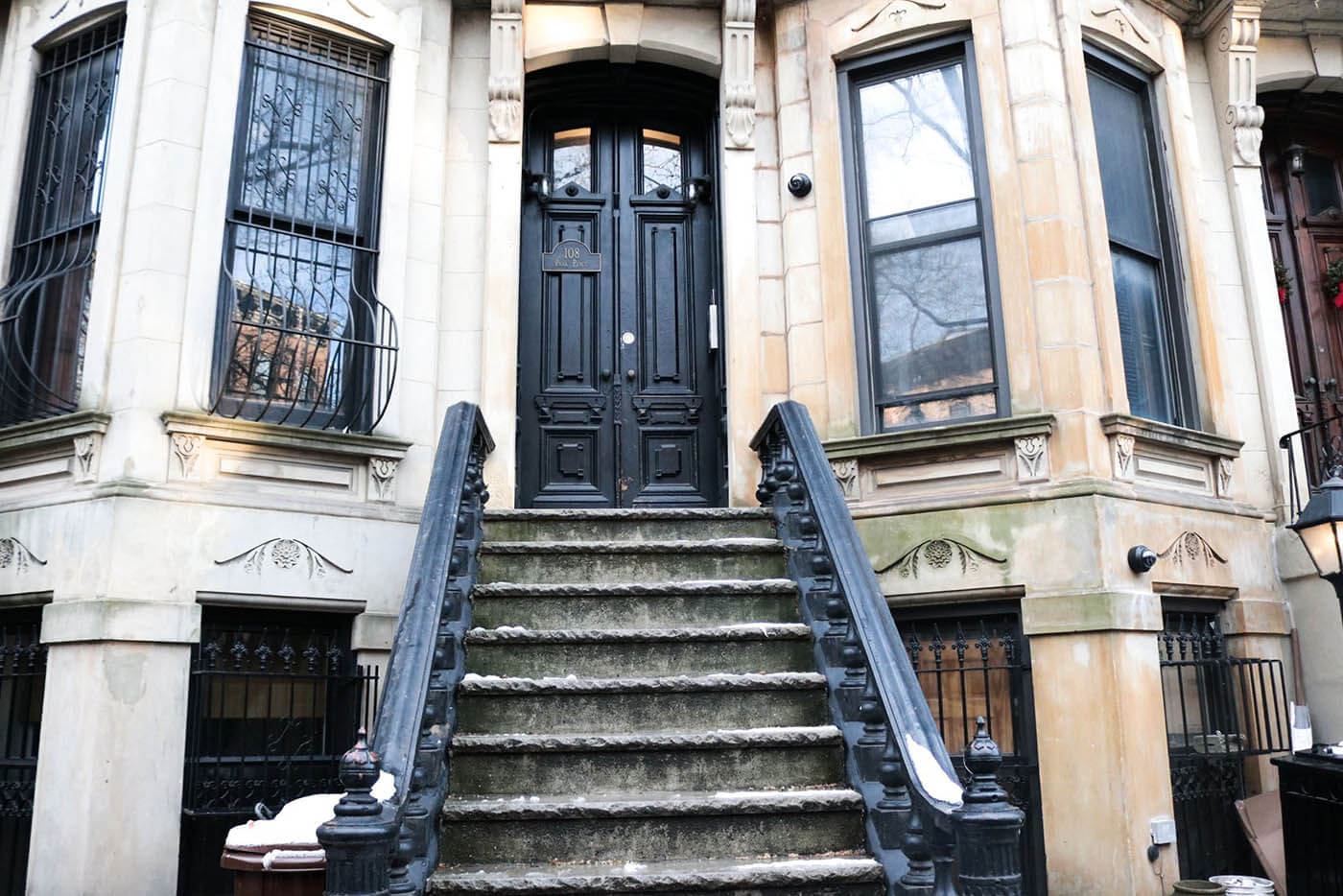
How to tell if a bedroom in a basement apartment is legal
At least half the story must be above ground to qualify as a “basement.” Otherwise, it’s considered a cellar and is not legally habitable — no matter how nice it looks.
That said, not all basements are legal to rent. “It has to have sufficient light and air,” president of S&M Expediting Mercedes Hernandez told Brownstoner. As well, egress must be in line with the required conditions (PDF) noted by the city’s Department of Housing Preservation and Development. The basement must have a minimum ceiling height of 7 feet.
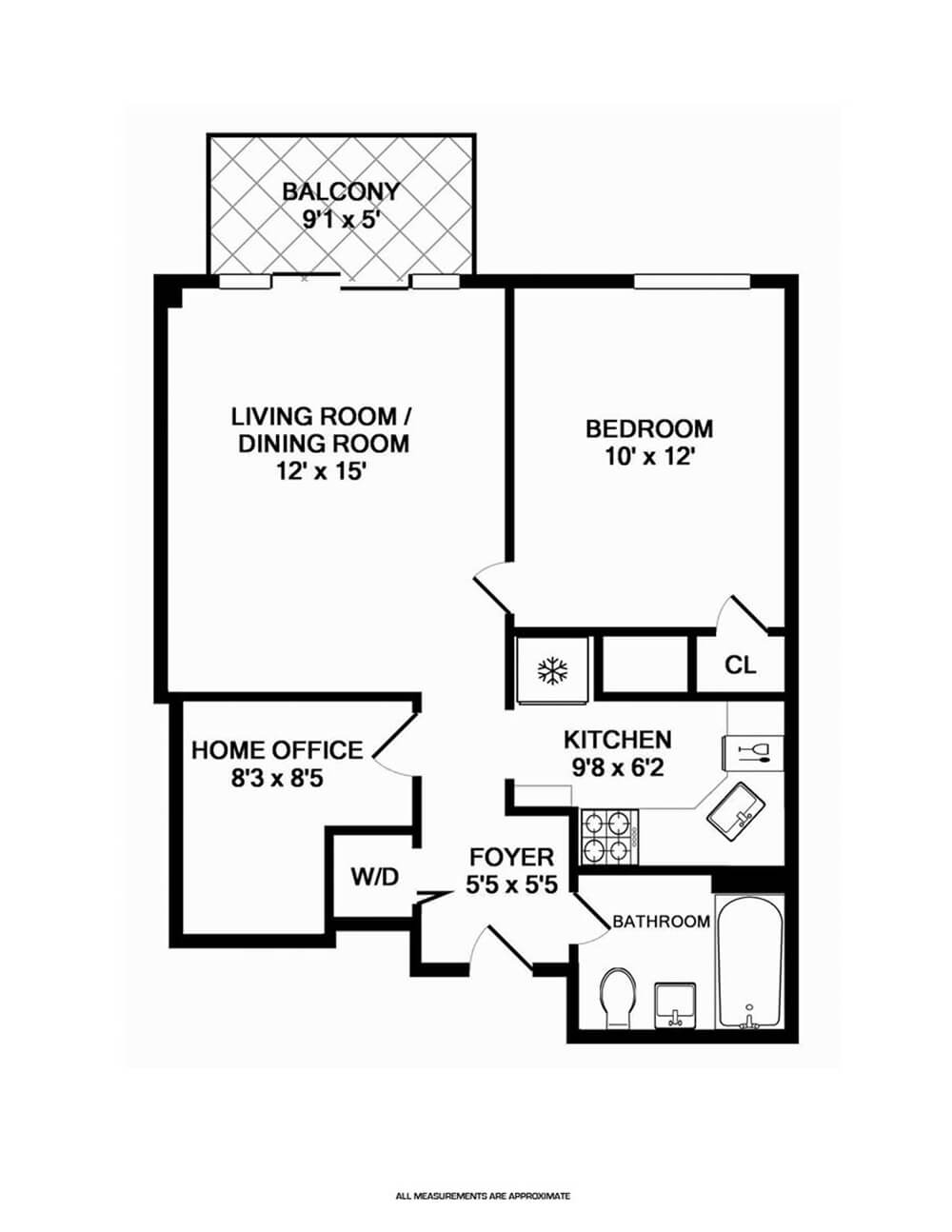
How bedrooms affect value
The higher the number of legal bedrooms, the higher the rent or purchase price a unit can command. So if the number of bedrooms has been inflated, and you don’t know what counts as a legal bedroom, you could end up overpaying.
Windowless rooms, rooms in cellars, and unusually narrow or small rooms should not be counted as bedrooms. Floor plans may identify them as recreation rooms or offices, not bedrooms.
At 70 Washington Street in Dumbo, for example, condos in the converted loft building frequently contain additional rooms, labelled “office” on the floor plan because they have no windows and are not legal bedrooms.
Some specific situations
According to Douglas Elliman associate broker James Kerby, smaller “hallway” rooms can be legally counted as bedrooms so long as they have a window, more than 70 square feet of space and two means of egress.
“Another issue is the presence of original landmark ironwork on ground floor windows,” Kerby added, “often insurance companies will challenge whether this can be used as a bedroom, as the landmark ironwork may not allow for egress through the window.”
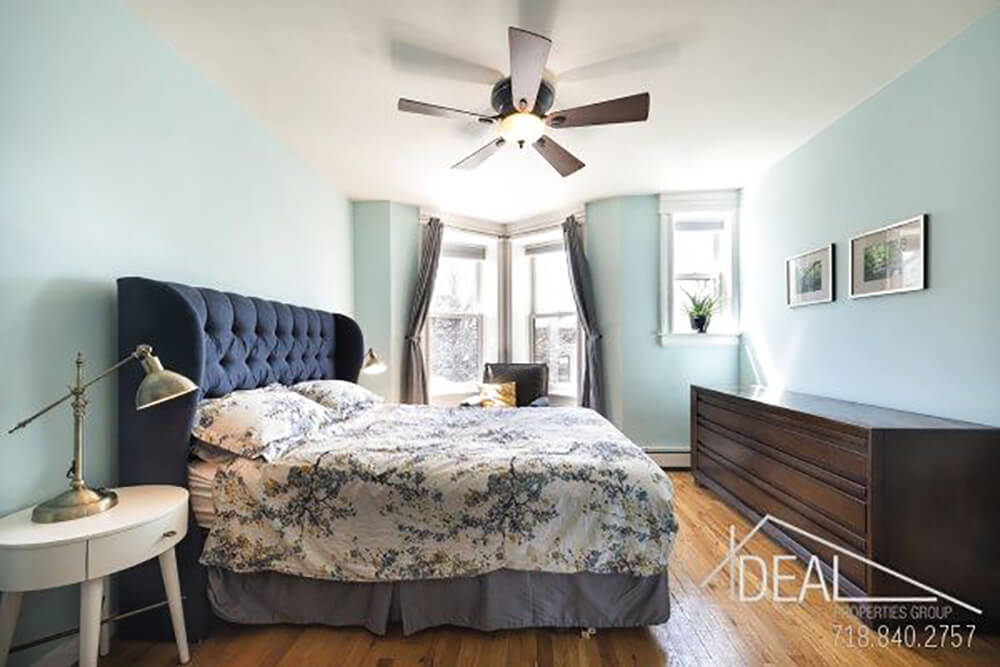
Related Stories
Do You Call It a Basement or Cellar? In New York, the Difference Is a Legal Matter
Brooklyn Secret Agent: Why Basements Matter
Movement to Legalize Some Basement Rental Units
Businesses Mentioned Above
[blankslate_pages id=”d574341108766e, d563a7e45c8fb5″ type=”card” show_photo=”true” utm_content=””][/blankslate_pages]
Email tips@brownstoner.com with further comments, questions or tips. Follow Brownstoner on Twitter and Instagram, and like us on Facebook.

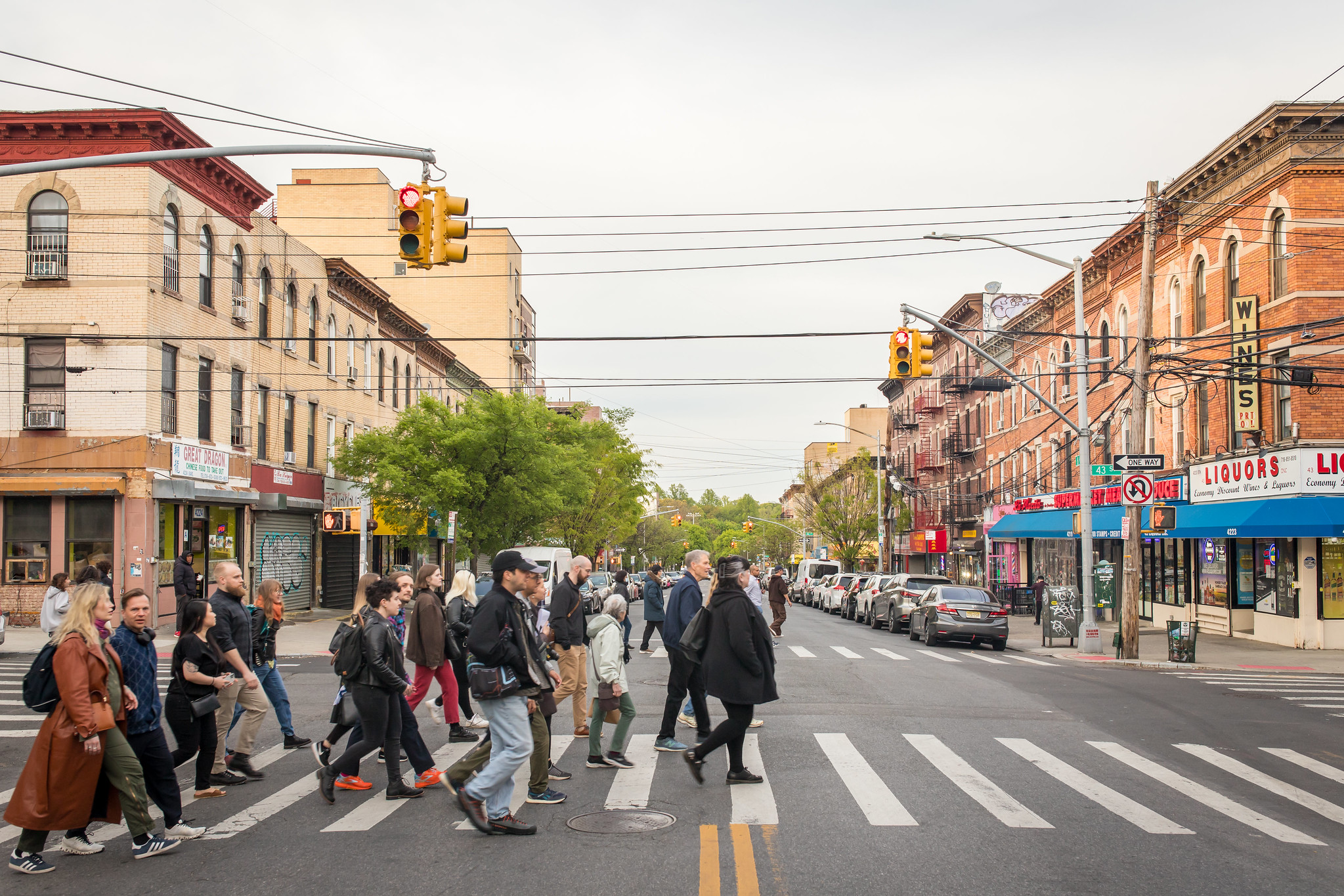



What's Your Take? Leave a Comment